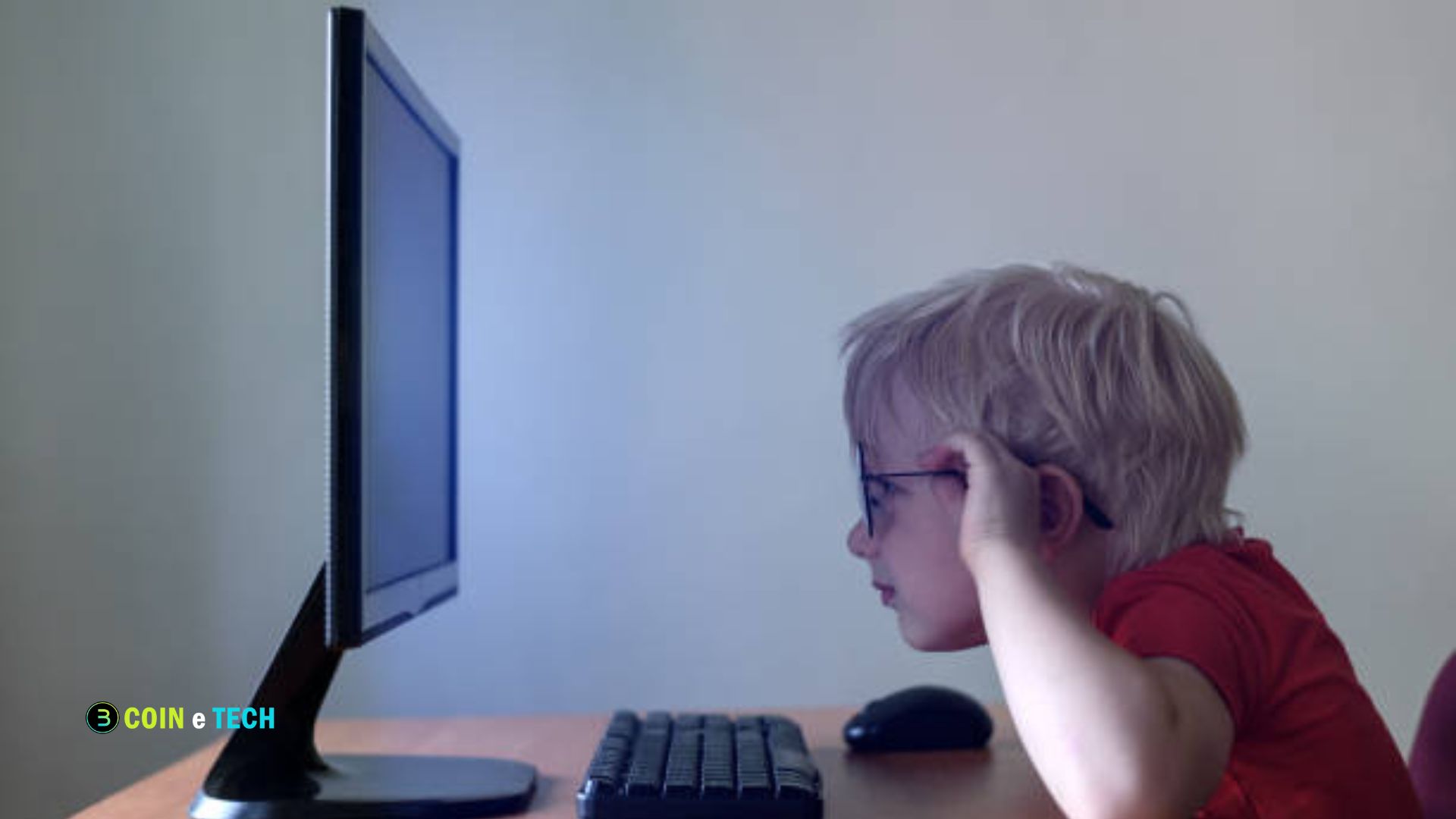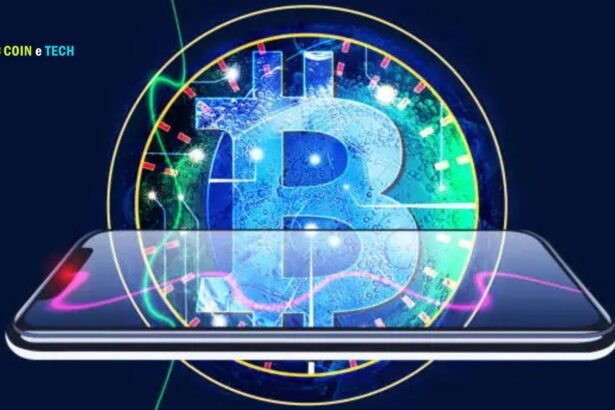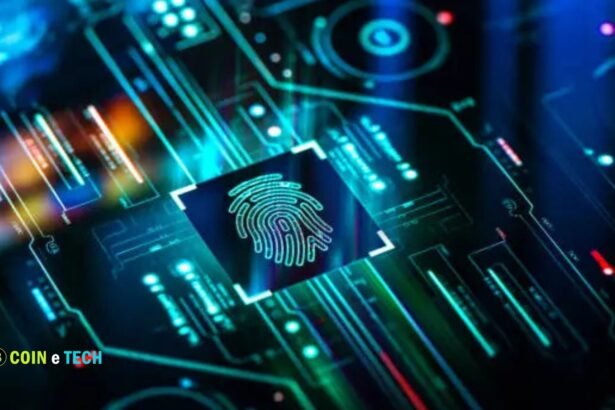Technology is an integral part of modern life. Technology shapes how we live, work, and interact, From smartphones in our pockets to AI algorithms that personalize our online experiences. Over the past few decades, the pace of technological advancement has accelerated at a breakneck speed, bringing with it a wide array of benefits and conveniences. Technology: The Good, The Bad, The Ugly. However, this rapid development also has its downsides and ugly consequences that cannot be ignored. In this article, we will explore the good, the bad, and the ugly aspects of technology in today’s world.
The Good: Positive Impacts of Technology
Enhanced Communication and Connectivity
One of the biggest benefits of modern technology is global connectivity. Social media, video conferencing, and messaging apps allow people to interact and share ideas in real-time, regardless of location. Communication advances have created a global society, enabling cross-cultural exchanges and partnerships previously imagined. Business operations have changed due to technology. Remote teams can now hold virtual meetings and collaborate across continents. This link has opened new markets, allowing organizations to grow globally while maintaining a close-knit team.
Innovation in Healthcare
Technology has revolutionized healthcare. Medical advances like MRIs, robotic surgery, and telemedicine have transformed patient care. Fitness trackers and smartwatches can monitor vital indicators, helping people stay healthy. This pandemic has made telemedicine, which lets patients see doctors remotely, more crucial. Biotechnology and AI are also advancing personalized medicine. AI helps doctors adapt treatment programs, predict disease outbreaks, and identify new treatments faster by analyzing massive volumes of data.
Educational Access and Opportunities
Technology has also democratized education. Coursera, Khan Academy, and edX have made great education available to millions globally. These platforms let students take classes on various topics, receive certificates from prominent colleges, and learn at their own speed from home.VR and AR are also used to develop immersive learning experiences. Medical students can perform procedures in VR, while AR can augment classroom lessons by overlaying digital information on physical things.
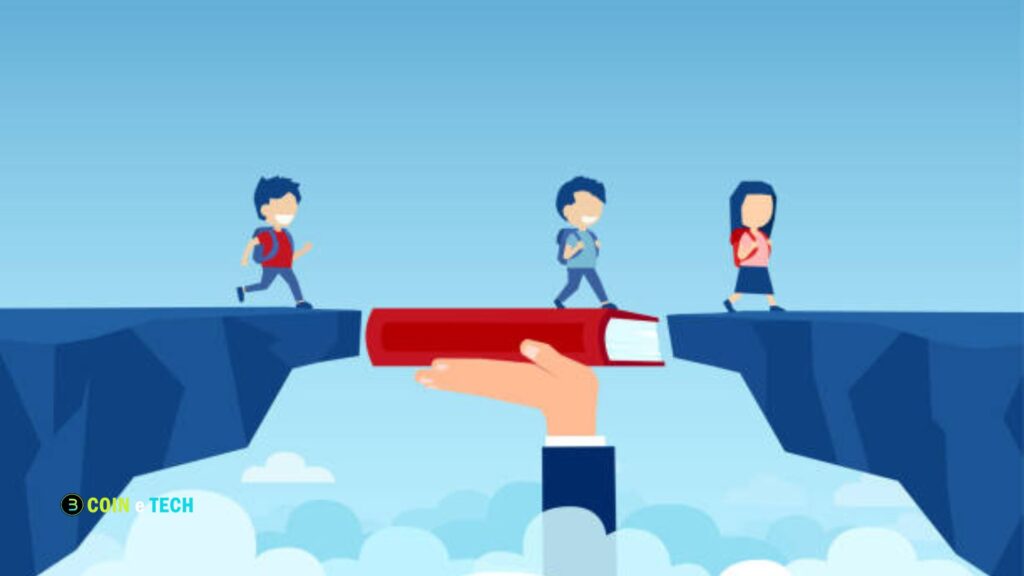
Automation and Increased Efficiency
Technology has increased industry efficiency to unprecedented heights. AI and machine learning automation is changing industry, shipping, and agriculture. Industrial robots undertake dangerous or repetitive activities that people cannot, enhancing efficiency and safety. Technology The Good The Bad The Ugly, Drones monitor crops, and sensors analyze soil health to assist farmers in maximizing production. AI-powered tools have increased marketing, customer service, and data analysis efficiency. Chatbots answer customer questions 24/7, while AI algorithms build targeted marketing campaigns based on user behavior.
The Bad: Negative Consequences of Technology
Loss of Privacy
As technology becomes more integrated into our daily lives, concerns about privacy have grown. Social media platforms, online retailers, and search engines collect vast amounts of user data, including browsing habits, location, and even personal conversations. While this data is often used to provide personalized services and advertisements, it also raises serious concerns about privacy and data security.
Data breaches, like those experienced by major companies such as Facebook and Equifax, have exposed the personal information of millions of users, leading to identity theft and financial loss. Additionally, the growing use of surveillance technology, from facial recognition cameras to location tracking apps, has raised fears of a “Big Brother” society where individuals’ every move is monitored and recorded.
Job Displacement
While automation and AI have increased efficiency, they have also led to job displacement in various industries. As machines take over repetitive tasks in manufacturing, retail, and even customer service, many workers are out. This shift has disproportionately affected low-skill workers, who may lack the training or education needed to transition to new roles in the digital economy.
The rise of gig economy platforms like Uber and TaskRabbit has also led to a precarious labor market, where workers often face low wages, limited benefits, and job insecurity. While these platforms offer flexibility, they have raised questions about the future of work and workers’ rights in an increasingly automated world.
Mental Health and Social Isolation
The very technology that connects us to the world can also lead to feelings of social isolation and mental health issues. Studies have shown that excessive use of social media can lead to feelings of loneliness, depression, and anxiety, especially among younger generations. The constant pressure to present a curated, perfect image of one’s life can lead to a sense of inadequacy and low self-esteem.
Moreover, the rise of remote work, while offering flexibility, can contribute to feelings of isolation and burnout. Many remote workers struggle with maintaining a healthy work-life balance as the boundaries between personal and professional life blur. This can lead to increased stress, anxiety, and even burnout.
Environmental Impact
The rapid advancement of technology has had a significant environmental impact. The production of electronic devices requires the extraction of precious metals and minerals, often leading to environmental degradation and pollution. Furthermore, the disposal of electronic waste (e-waste) has become a major issue, as millions of old devices are discarded each year, ending up in landfills and contributing to environmental harm.
Data centers and cryptocurrency mining operations consume more energy than entire countries, raising concerns about the tech industry’s carbon footprint. Bitcoin mining, for example, consumes more electricity than entire countries, prompting calls for more sustainable practices in the tech sector.
The Ugly: The Dark Side of Technology
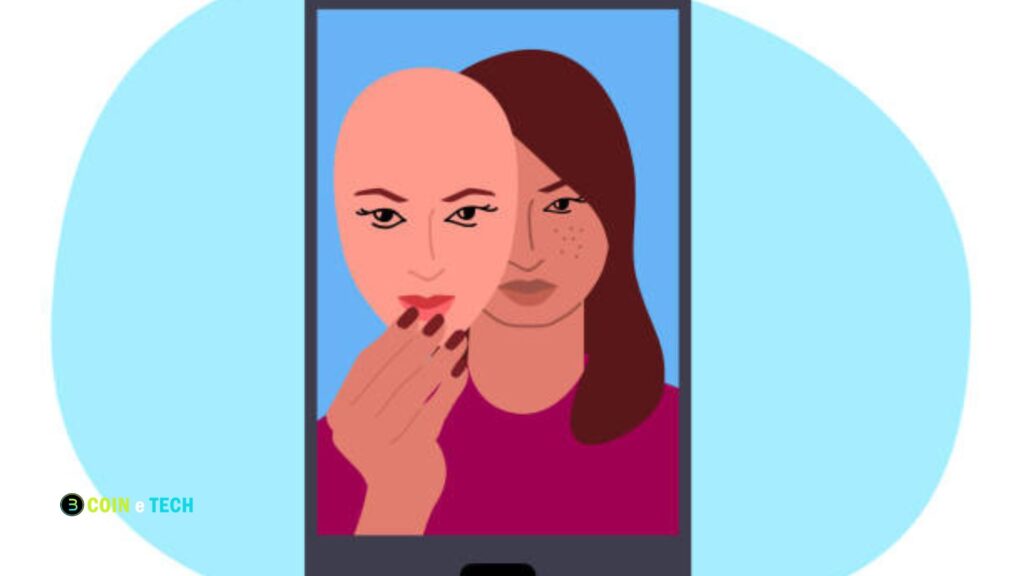
Cybercrime and Hacking
Cybercrime is expanding as more of our lives are online. Hackers utilize sophisticated methods to steal personal, financial, and intellectual property. Businesses, hospitals, and even governments are increasingly targeted by ransomware assaults, which encrypt data and demand payment. Crime networks sell stolen data, narcotics, and weapons on the dark web, making cybercrime more organized. Thanks to cryptocurrencies like Bitcoin, criminals can now conduct unlawful transactions anonymously.
Misinformation and Fake News
Social media has spawned misinformation and fake news. Online misinformation spreads quickly, reaching millions before it can be verified. Public health, politics, and society have suffered. Misinformation regarding vaccines has caused avoidable diseases to return, while fake news during elections has manipulated voters and caused unrest. Social media algorithms favor sensational or controversial material, increasing disinformation and creating echo chambers where users only see information that agrees with them.
Addiction to Technology
Smartphones and social media are addicting. Notifications, likes, and shares release dopamine in the brain, making it pleasurable to stay online. People can spend hours perusing social media, playing video games, or binge-watching television due to this addiction. Tech addiction can cause sleep deprivation, productivity loss, and relationship problems. People may spend less time socializing and seeing the world as they become more tech-dependent.
Also Read: Technology Unbalanced The Double-Edged Sword of Innovation
In summary
Technology has undeniably altered our planet in ways that could not have been predicted a generation ago. Improving productivity, communication, and healthcare are just a few of its many far-reaching benefits. We must not, however, turn a blind eye to technology’s negative aspects, such as invasions of privacy, loss of jobs, and damage to the environment. Cybercrime, disinformation, and addiction are some of the darker sides of technology that cause significant societal problems.
Striking a balance between appreciating technological breakthroughs and tackling their negative implications is vital as we move into an increasingly digital future. If we encourage ethical innovation, put appropriate rules in place, and encourage digital literacy, Technology The Good The Bad The Ugly, we can use technology for good while limiting its negative impacts. Ultimately, technology is just a tool, and our actions will determine its societal impact.

